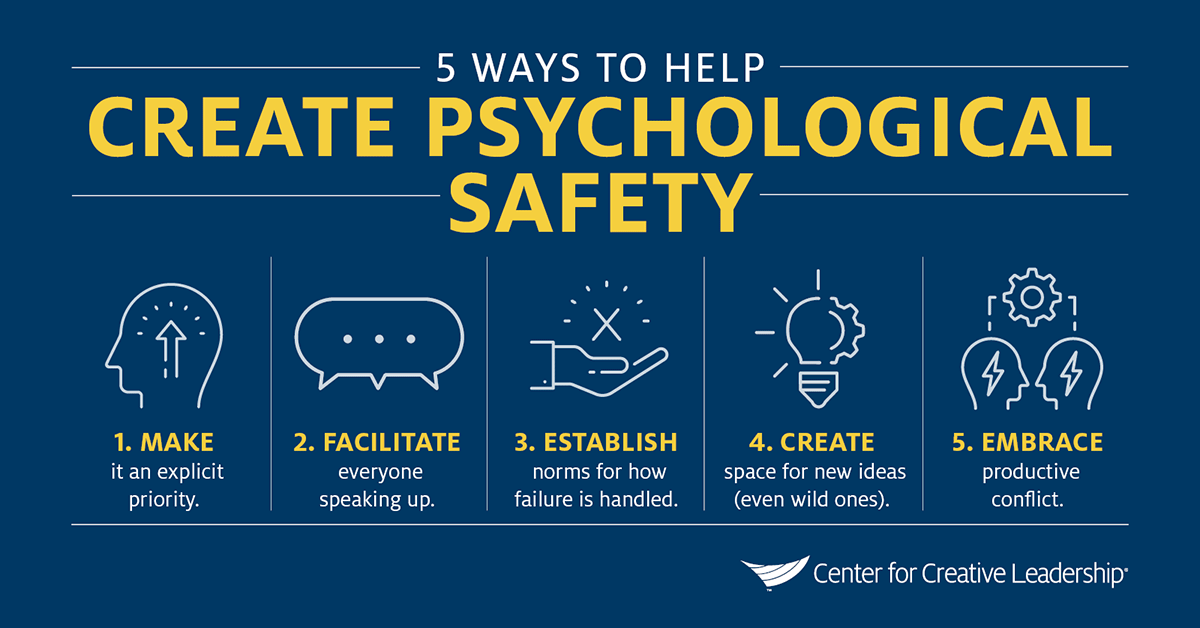
The career of operations manager is exciting. Operation management is a challenging career that involves many different issues. It requires continuous learning and progression. If you have the right training, you can achieve a wide range of responsibilities. These include Purchasing managers, Floor managers, Production managers, and Inventory control managers.
Purchasing managers supervise the day to day operations of a manufacturing facility
A purchasing manager is a key part of a production site, responsible for overseeing all aspects of the production process. They work in coordination with other managers and evaluate vendors to determine supply needs. They ensure that the items purchased are of high quality and they also troubleshoot problems. They should have experience in the production environment and technical knowledge of supply chain management and the manufacturing process.

Floor managers oversee the day-to-day operations of a manufacturing facility
Floor managers ensure smooth operations in a manufacturing facility. This job involves supervising all employees and reporting to the upper management. The job requires leadership and communication skills.
Supervisors of inventory control supervise the process of converting raw material into finished goods.
A manager of inventory controls oversees the conversion of raw materials to finished products. They also handle inventory. This job requires meticulous planning and the ability to balance revenue and costs. The inventory is an ongoing asset and a company must be willing to spend cash in order to maintain it. It is crucial to track the time taken to convert raw materials into finished goods.
Production managers oversee the day-to-day operations of a manufacturing facility
A production manager oversees the day-today operations of specialized manufacturing facilities. They ensure the safety of production workers and implement performance measures to ensure that production standards are maintained. They must be knowledgeable about industry standards and procedures. Also, production managers need to be certified in safety and health. These can be earned during training or through years of industry experience.
Production managers are responsible for converting raw materials to finished goods.
An important function of an organisation is production management. It involves the selection of the best products and designs for an organisation's needs. It involves understanding the needs and designing products that meet those needs.

Logistics managers oversee the conversion of raw materials and finished goods.
Logistics managers oversee the production process. This includes purchasing raw materials and transporting them. It requires effective communication and strategic management.
FAQ
Are life coaches worth the effort?
The simple answer is: You can't find an easy solution to any problem if you want to. Coaching may be the best option if your goal is to make a long-lasting, positive impact in people's lives.
Coaching is about helping others make positive changes. Although it is hard work, the rewards are amazing.
You learn how to become a better person yourself while also learning how to help other people grow too.
You will feel confident and strong, and the results you achieve will last a lifetime.
These questions will help you decide if life coach is right for your needs.
-
Do I have the knowledge and skills to make life changes?
-
Are I ready to make the effort necessary to succeed?
-
Are you able to make major changes in your life? Can I dream big dreams?
-
Do I want to improve my life?
-
How much time can I devote to coaching?
-
What type of support do you need?
-
Are there hidden fees involved in being a client of a Life Coach?
What are the responsibilities associated with a life coach
A life coach helps people achieve personal goals by providing education on health, nutrition, fitness, work/life balance, relationships, career development, etc.
Life coaches can also help clients to develop positive attitudes towards self improvement and set achievable goals.
A coach can offer encouragement and support, which is the most important thing. They may not know everything, but they are able to answer questions and help you find the right answers.
They're there to help you make decisions and take action toward achieving your goals.
How long does the process take before you start to see results.
Although you might not see immediate results after therapy begins, you will notice improvements in a few weeks. The more consistent you are with your new lifestyle, the sooner you'll notice changes.
You may find yourself experiencing less stress, feeling more confident, and enjoying greater peace of mind. These are just some of the ways your life can be improved if you shift your thinking and your behavior.
What are the steps in life coaching?
Life coaching is not just about helping people find solutions to problems; it's also about helping them discover what they're passionate about and how they can use this passion to make a positive difference in their lives.
Life coaching helps you identify what matters most and gives you the skills to create the kind of life you want. It allows you to take control and shape your future by helping you discover who you are, what you want, and how you can get there.
In addition, I believe coaching helps you develop an understanding of yourself and others, leading to greater self-awareness and empathy - two essential qualities for a healthy relationship. Coaching provides tools to help you become a better friend, parent, mentor, and partner.
Statistics
- This also doesn't mean that the give-and-take in a relationship is always 100% equal. (verywellmind.com)
- 80 percent of respondents said self-confidence improved, 73 percent said relationships improved, 72 percent had better communication skills, and 67 percent said they balanced work and life better. (leaders.com)
- Life coaches rank in the 95th percentile of careers for satisfaction scores. (careerexplorer.com)
- People with healthy relationships have better health outcomes, are more likely to engage in healthy behaviors, and have a decreased mortality risk.1 (verywellmind.com)
- According to a study from 2017, one of the main reasons for long-term couples splitting up was that one of the partners was no longer showing enough affection and attention to the other. (medicalnewstoday.com)
External Links
How To
What questions should life coaches ask you?
Coaching is a great way for people to improve their lives by helping them develop self-awareness and self-care. It is a great profession for those who wish to make a difference in the lives of others.
Life coaches are trained and certified to listen to clients, understand their problems and lead them towards the right solutions. They can help with any aspect of your life including finances, relationships and parenting.
They can assist you in identifying the obstacles that are holding you back.
A life coach might suggest ways to improve your diet, exercise habits, social interactions, or other areas of your life.
A good coach will help you to find your own path and provide guidance on how to get started.
Some of the questions they might ask include:
-
What do YOU want from your life?
-
What do you feel every morning?
-
Where would you like to be in five years?
-
Who do you admire? Why?
-
What makes you happy?
-
How does success look for you?
-
What are your fears?
-
What is your greatest strength
-
What are some areas you should work on?
-
What is the one thing you wish your life had taught you before you set out on your journey?
-
Which three things do you enjoy most?
-
What are your greatest gratitudes?
-
What are your values
-
What value do you place on yourself?
-
What do you hate about yourself?
-
Do you understand why you feel/act the way you do?
-
Are there times that you feel stuck?
-
Have you ever felt depressed?
-
What were your learnings from this experience
-
What do other people say about you?
-
What do you think of yourself?
-
How do other people perceive you?
-
What do your friends and family say about you?
-
What has been most difficult for you?
-
Which is your favorite piece of advice?
-
What was your biggest mistake?
-
What do others expect from you?